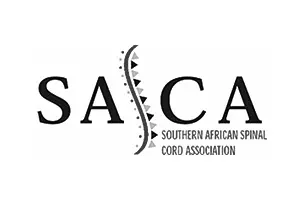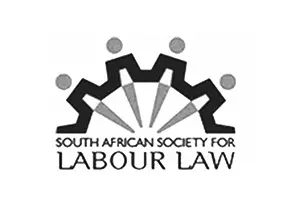The Labour Relations Amendment Bill, 2017 and its impact
 The Labour Relations Amendment Bill, 2017 and its impact: A bargaining perspective
The Labour Relations Amendment Bill, 2017 and its impact: A bargaining perspective
South Africa has experienced a tumultuous recent past where labour relations are concerned. We have seen the mining sector rocked by strike action, unprecedented unemployment rates, and unpredictable economic downturns and downgrades. The velvet ropes now part for the legislature to take centre stage in an attempt to address the effect of these events, evolving the Labour Relations Act to suit the era of turmoil.
Some of the major amendments proposed, are to regulate strike action. The insertion of four new sections: 150A, 150B, 150C, and 150D, usher in a new era limiting strike action. The Labour Relations Amendment Bill, 2017 (the Amendment Bill) claims to do so in order to stem the prevalence of violent strike action. For strikes deemed to be defeatist in the resolution of the dispute in question, an advisory arbitration award may be sought to expedite the resolution of the dispute and the ending of a
destructive strike. This comes amid strike action causing damage to sectors and infrastructure often to the detriment of sustainable business and market stability.
The Amendment Bill suggests that in terms of the ILO’s (International Labour Organisation) recognition thereof, this limitation on the right to strike is justifiable. The process is cloaked in urgent relief criteria and may deliver an award from the Labour Court within 7 days. Almost juxtaposed to this concept, is the fact that the very award guarding the end of the dispute is only binding if the parties accept the award; leaving a grey area, should a party merely opt out of the advisory award, rendering this new procedure superfluous. It remains to be seen whether this insertion becomes a legislative white elephant or a quick resolution to costly strikes.
Another aspect to the Amendment Bill, is the extension of collective agreements. The amendments aim for inclusivity where the conclusion of bargaining agreements is concerned. It allows for greater representation and widens the ambit of its applicability to not only include the majority trade union contracting with a majority employer, but others as well.
Extensions of collective agreements are also to be considered more carefully by the Minister, with the time limit being extended to enable a more value-added
approach. Arguably so, in Association of Mineworkers and Construction Union & others v Chamber of Mines of South Africa & others (2017) 38 ILJ 831 (CC), allowing non-parties to be bound (via extension) to an agreement may violate the legality of the agreement itself and may alienate rights of employees without consultation or consent. This then leaves no workplace overlooked, or rather un-coerced, where collective agreements are concerned.
By simply reviewing the two most topical areas of amendment, it becomes apparent that a ‘regulate or die’ approach is high on the legislature’s agenda in its attempts to prevent the effects of the most recent strikes and we may see a complete change to the tactics employed by striking workers.
Malcolm Lyons and Brivik Attorneys offer various legal services relating to labour law in South Africa
Contact our offices below for further information
0861 MLB INC
Johannesburg Office
+27(0) 011 268 6697
Cape Town Office
+27(0) 21 425-5570
The current position on objections to the con/arb process
Con/arb process - The Commission for Conciliation, Mediation[...]
Out of time? Think again – The CCMA and its rules
By Lara Keil (Candidate Legal Practitioner) under the[...]
RAF’s lodgement requirements: Claimants further prejudiced
By Lara Keil (Candidate Legal Practitioner) under[...]

















